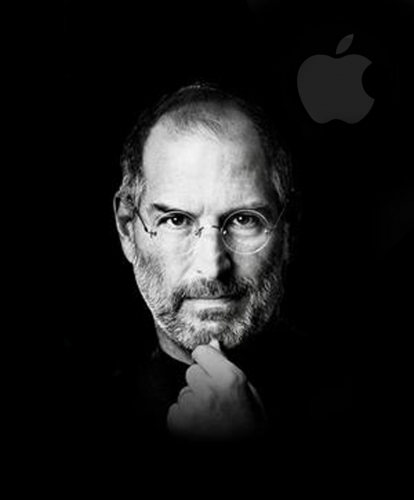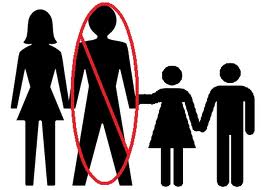Many glorify the legacy of Steve Jobs to iconic levels of worship, and much of it is justified. He was one of a few polymaths that innovated the fields of not only personal computers, but phones, music, publishing, video games, animation, and many more with an entrepreneurial spirit that has been unsurpassed by his contemporaries. But while many people elevate Steve Jobs and Apple and Pixar as the 21st-century trinity, there is another side of Steve Jobs that people of Apple not confined by confidentiality agreements have begun to expose.
Primarily, Jobs used the proprietary-methods of Apple’s technology to discourage innovative changes that could have opened up the software to be modified in any way, thus allowing Apple to discriminate unlike any other company in what could be added to Apple products. In particular, Jobs created the idea of “freedom from porn”, which, while it sounds idealistically moral of him, was primarily directed towards homosexual imagery, such as gay art, gay travel guides, and any else Jobs personally found morally reprehensible. While some might have enjoyed this child-friendly feature of Apple products, others criticized the authoritarian methods by which Steve Jobs censored his products. The very same centralized restrictions that Jobs criticized years previously, he now committed.
In creating a massive corporation known for its innovative techniques to motivate employees to great heights, Jobs has been criticized for his totalitarian and demeaning tones he took with many employees. He was known around the office for often cursing, verbally abusing, and belittling employees until their breaking points, and at times fired members of Apple for the minutest transgression that most companies would just give a mild verbal warning, if anything. In his relentless pursuit to make Apple one of the best technology companies in the world, Steve Jobs also treated his family horrifically, denying the paternity of his first child for nearly two years, and ignored many of his children’s personal lives all throughout their childhood.
 Then there’s the problem of his human rights violations. In both 2010 and 2011, Apple’s own reports about the factories they had in China claimed that they were no better than sweatshops that employed a vast of the work force below the legal working age of 16—and no, China’s legal working age is not 13 and younger. Reports outside of Apple’s own reports haven’t fared much better, claiming that the Chinese factories were Orwellian at best, instituting illegal methods that were only slightly better than cattle prods to get workers to produce more and more for the global demand, lending to the analogy of blood diamonds to Africa as blood apples are to China. It became so bad in these Chinese factories that an inordinate amount of employees began to commit suicide because of the pressure Apple placed on them to produce.
Then there’s the problem of his human rights violations. In both 2010 and 2011, Apple’s own reports about the factories they had in China claimed that they were no better than sweatshops that employed a vast of the work force below the legal working age of 16—and no, China’s legal working age is not 13 and younger. Reports outside of Apple’s own reports haven’t fared much better, claiming that the Chinese factories were Orwellian at best, instituting illegal methods that were only slightly better than cattle prods to get workers to produce more and more for the global demand, lending to the analogy of blood diamonds to Africa as blood apples are to China. It became so bad in these Chinese factories that an inordinate amount of employees began to commit suicide because of the pressure Apple placed on them to produce.
But this is not to detract from the massive amounts of accomplishments Steve Jobs achieved. In his sacrifice for being liked, Jobs became one of the most influential entrepreneurs of his age. Many will and have claimed that Jobs was a success due to building Apple from the ground up and bringing it back from almost vanishing off the face of the business world. So, for all of his faults, Steve Jobs does in fact deserve much of the praise he has garnished both during his life and posthumously. But that still does not mean we should not hold Apple and Apple’s new CEO, Tim Cook, up to a higher standard so that perhaps they will deserve not only part of the praise they receive but all of it.
The Man Inside: Steve Jobs,




